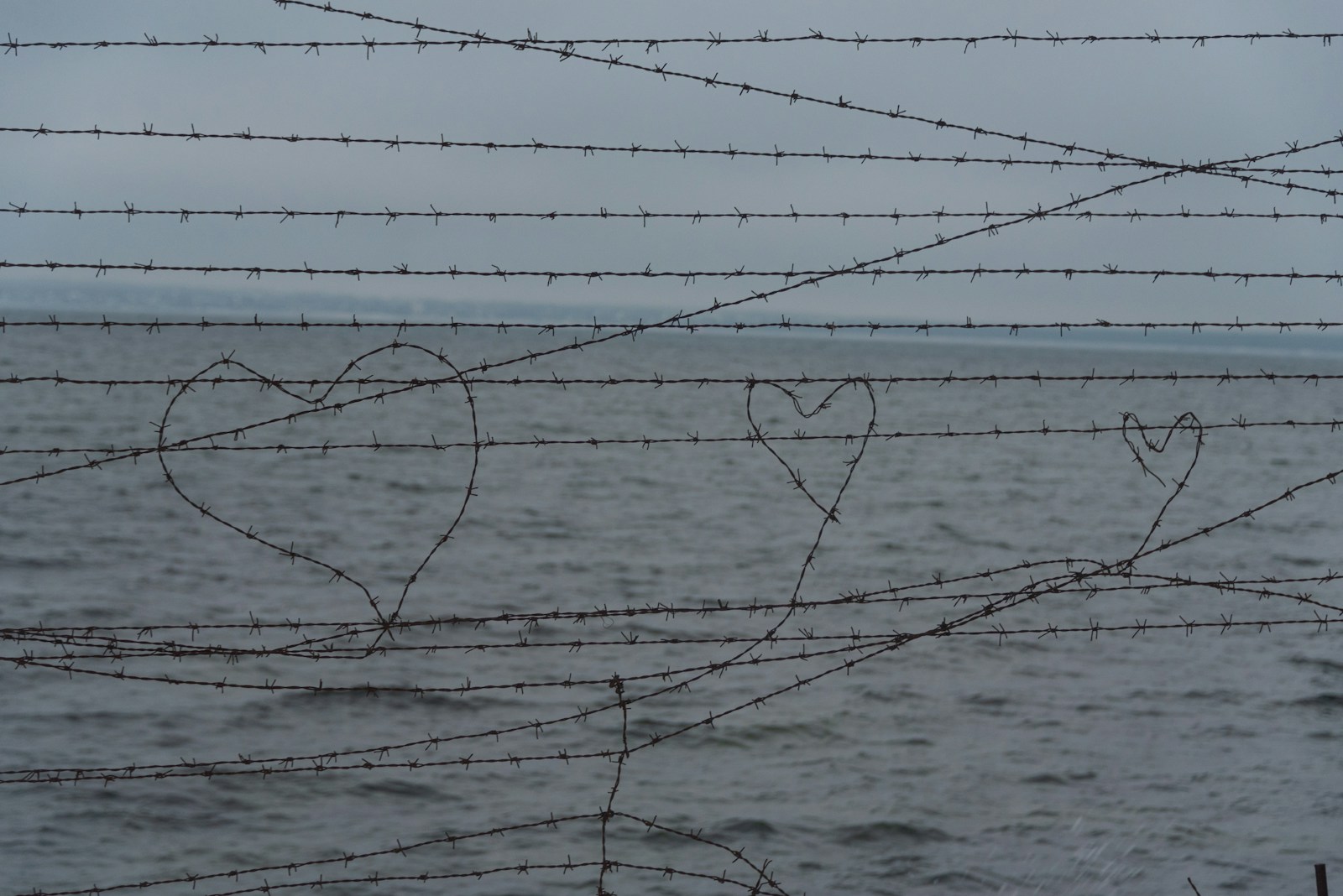In my journey through life, I’ve come to realize that empathy is not just a personal trait but a fundamental element that shapes our interactions, relationships, and the very fabric of society.
Reflecting on my experiences, I’ve seen firsthand how empathy—or the lack thereof—can profoundly influence the world around us.
The Essence of Empathy
Empathy, to me, has always been about truly understanding and feeling what another person is going through, from their perspective.
It’s about stepping into their shoes, not just to see the world as they see it but to feel it as they feel it. This connection goes beyond mere sympathy; it’s a deep, emotional resonance that can bridge divides and heal wounds.
Empathy in Relationships
In my personal relationships, empathy has been the cornerstone of understanding and connection.
I remember a time when a close friend was going through a difficult period. Initially, I struggled to offer the right support, caught up in my own interpretations of their situation.
It was only when I truly listened, setting aside my own judgments and experiences, that I could offer the compassion and support they needed.
This experience taught me that empathy doesn’t just improve relationships; it transforms them. It builds trust, fosters open communication, and creates a safe space for vulnerability.
Key Takeaways for Enhancing Empathy in Relationships:
- Listen Actively: Give your full attention, without planning your response while the other person is speaking.
- Validate Feelings: Acknowledge the other person’s feelings without immediately trying to fix the problem.
- Practice Patience: Understand that people process emotions at different paces.
Empathy in Society
On a broader scale, empathy has the power to transform societies. In a world often divided by differences—be it political, racial, or socioeconomic—empathy can be the bridge that fosters understanding and unity.
I’ve witnessed communities come together in times of tragedy, with empathy driving collective action and support.
These moments highlight how empathy can transcend individual interests, leading to a more compassionate and cohesive society.
Impact of Empathy on Society:
- Reduces Prejudice: By understanding others’ experiences, empathy can break down the barriers of bias and discrimination.
- Encourages Altruism: Empathetic individuals are more likely to engage in acts of kindness and support for others.
- Promotes Peace: Empathy can lead to more peaceful interactions by fostering understanding and reducing conflicts.
Cultivating Empathy
Developing empathy is a journey, one that requires intention and practice.
Here are some steps I’ve found helpful in cultivating a deeper sense of empathy:
- Expose Yourself to Diverse Perspectives: Seek out stories, experiences, and viewpoints different from your own. This can be through books, films, or conversations with people from varied backgrounds.
- Reflect on Your Biases: We all have them. Recognizing and challenging your biases is a crucial step toward becoming more empathetic.
- Engage in Active Listening: Truly listen when others speak, focusing on understanding their perspective without judgment.
The Ripple Effect of Empathy
Empathy has a ripple effect. Each act of empathy can inspire others, creating a wave of compassion that reaches far beyond individual interactions.
In today’s world, where division and isolation often prevail, empathy offers a path toward a more connected and compassionate society.
It’s about recognizing our shared humanity, understanding that everyone has a story, and acknowledging that our actions—no matter how small—can have a profound impact on others and the world at large.
In my life, striving to live empathetically has not only enriched my personal relationships but has also given me a deeper sense of purpose and connection to the broader community.
It’s a journey that’s both challenging and rewarding, offering endless opportunities for growth, understanding, and connection.
Empathy, in its essence, is about connection. It’s a reminder that we’re all in this together, navigating the complexities of the human experience.
By fostering empathy, we can build a world that values compassion, understanding, and unity above all else.
